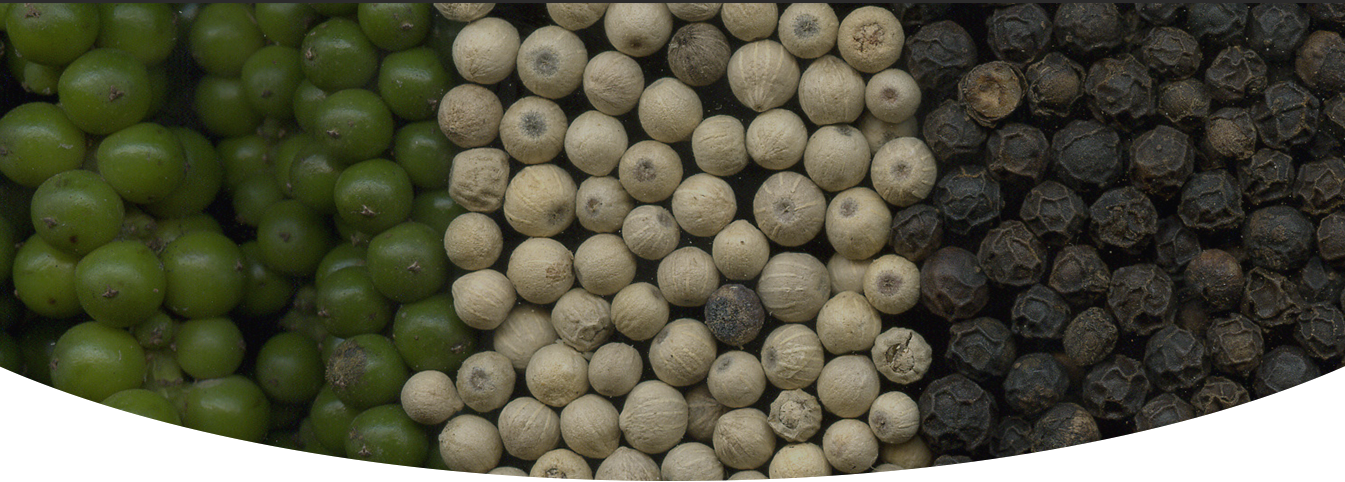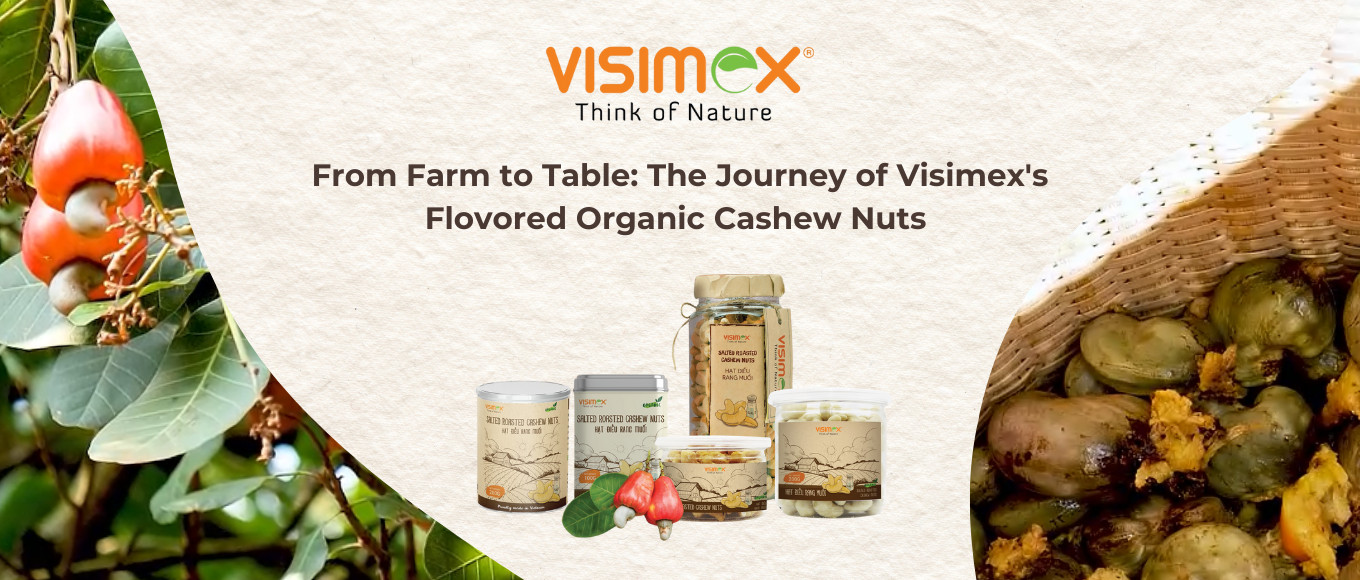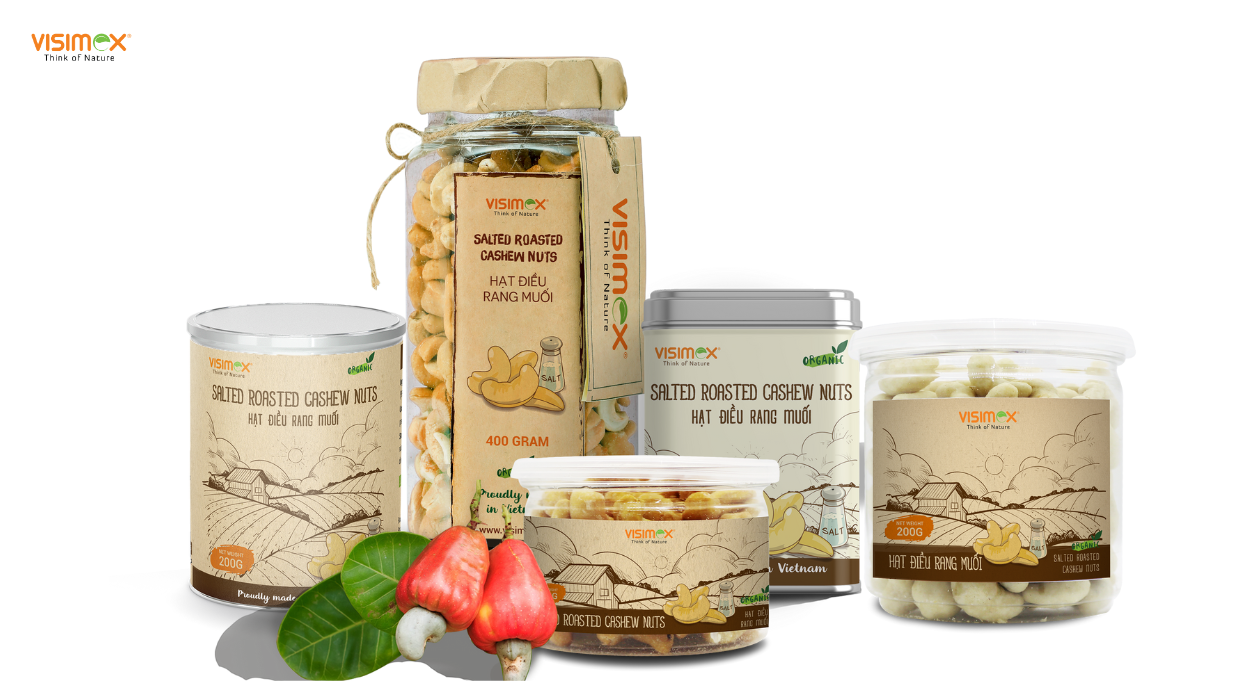In the world of nut varieties, cashew nuts stand out for their delightful flavor and numerous health benefits. As consumer awareness about the importance of organic products continues to grow, the comparison between organic cashew nuts and conventional cashew nuts becomes increasingly significant. In this article, we will delve into the distinctions between organic cashew nuts and conventional cashew nuts, assessing their quality, nutritional composition, and potential implications for health.

Quality and Origin
Organic Cashew Nuts: Organic cashew nuts are commonly cultivated on small farms. Farmers who own and manage these farms tend to have a closer relationship with their crops and invest more effort into their cultivation. Farmers cultivate organic cashew nuts using strict organic farming practices that forbid the application of synthetic pesticides, chemical fertilizers, and genetically modified organisms (GMOs). These practices take place in an environmentally friendly environment that preserves soil health and promotes biodiversity.
Conventional Cashew Nuts: Producers typically use conventional agricultural methods to cultivate conventional cashew nuts, and these methods might involve applying synthetic chemicals. These methods could potentially impact soil quality, water resources, and the overall ecological balance. The quality of conventional cashew nuts may vary depending on cultivation techniques.
Nutritional Value
Organic Cashew Nuts: Organic cashew nuts maintain a higher percentage of natural nutrients due to the absence of synthetic chemicals during cultivation. They are rich in essential nutrients like magnesium, copper, and healthy fats. The lack of chemical compounds contributes to a cleaner and more nutritionally dense product.
Conventional Cashew Nuts: Conventional cashew nuts might contain traces of chemical compounds used in their production process. While they still provide nutritional value, the presence of chemical residues might raise concerns for certain consumers. Production methods and processing can influence the nutritional content of conventional cashew nuts.
Health Impact
Organic cashew nuts are seen as a healthier choice because they lack synthetic pesticides and chemicals. Health-conscious individuals aiming for a clean diet and reduced exposure to harmful substances might prefer organic cashews for safety.
Conventional Cashew Nuts: While conventional cashew nuts can still offer nutritional benefits, the presence of synthetic pesticides could be worrisome for health-conscious individuals. Consistent consumption of conventionally produced foods with pesticide residues may have potential long-term health ramifications.
Choosing between organic and conventional cashew nuts requires evaluating quality, nutrition, and potential health effects. Organic cashew nuts provide a cleaner, environmentally friendly option with the potential for heightened nutritional content. On the other hand, conventional cashew nuts, though nutritionally beneficial, might carry the risk of pesticide exposure. Ultimately, the choice between the two depends on personal preferences, values, and health priorities. Understanding the differences helps consumers choose wisely based on health goals and ethics.
Discover our products by clicking here
Follow our LinkedIn












